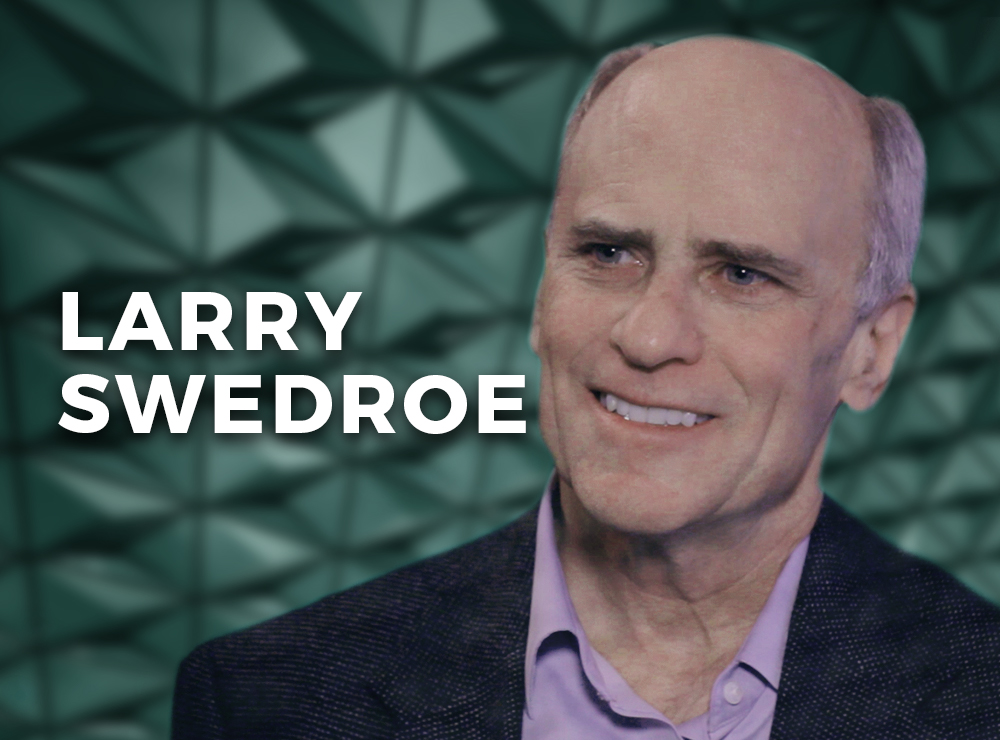
By LARRY SWEDROE
One of the advantages active managers tout is that they have the opportunity to adjust factor exposures, taking advantage of regime shifts. Is that ability an advantage, or just one that is fraught with opportunity?
Manuel Ammann, Sebastian Fischer and Florian Weigert contribute to the literature on factor investing with their study Factor Exposure Variation and Mutual Fund Performance, published in the Fourth Quarter 2020 issue of the Financial Analysts Journal.
Ammann et al. investigated the relationship between a mutual fund’s variation in factor exposures and its future performance. They estimated a fund’s dynamic exposures to the factors of the Carhart four-factor model — the market (MKT), size (SMB), book-to-market (HML) and momentum (UMD) factors.
They then measured a fund’s factor exposure variation by the volatility of the factor and created a factor exposure variation indicator (FEV). Using this measure, they investigated whether performance differences exist between funds with high FEV and funds with low FEV in a large sample of U.S. equity mutual funds in the period from late 2000 to 2016. Following is a summary of their findings:
— Factor timing is particularly prevalent among funds with long management tenure, high turnover and high total expense ratios.
— “Mid Cap,” “Small Cap” and “Micro Cap” funds tend to have less stable factor exposures than “Growth,” “Growth and Income” and “Income” funds.
— FEV seems to be prevalent in different market situations and periods of economic booms and recessions.
— Funds with volatile factor exposures underperformed funds with stable factor exposures by a statistically significant (at the 1 percent confidence level) 147 basis points per annum.
— Sorting funds on individual MKT, HML or UMD factor exposure variation resulted in underperformance of the most volatile funds by 102, 82 and 120 basis points per annum, respectively, with statistical significance at least at the 5 percent level.
— The abnormal returns monotonically decreased in market, value and momentum exposure variation as well as in the overall FEV Indicator.
— A one-standard-deviation increase in factor exposure variation reduced abnormal future returns by 71 basis points per annum.
— Differences between high FEV and low FEV funds remained statistically and economically significant when using the Fama and French five-factor (beta, size, value, investment and profitability) model plus the momentum factor for the computation of FEV. The results were similar using other factor specifications — the Frazzini and Pedersen (2014) betting against beta factor, the Baker and Wurgler (2006) sentiment factor, or the Pástor and Stambaugh (2003) liquidity factor.
— The underperformance is neither explained by volatile factor loadings of a fund’s equity holdings nor driven by a fund’s forced trading through investor flows.
— The results were confirmed by various tests of robustness.
Their findings led Ammann, Fischer and Weigert to conclude: “Fund managers voluntarily attempt to time factors, but they are unsuccessful at doing so.”
They added: “Our findings do not support the hypothesis that deviations in factor exposures are a signal of skill and we recommend that investors should carefully take our results into account before investing in funds with high FEV.”
The bottom line is that another myth (along with timing the market in general) about active investing has been exposed.
Additional Disclosure: This article is for educational and informational purposes only and should not be construed as specific investment, accounting, legal or tax advice. The analysis contained herein is based upon third party data and information and may become outdated or otherwise superseded at any time without notice. Third-party data and information is deemed to be reliable but its accuracy and completeness cannot be guaranteed. By clicking on any of the links above, you acknowledge that they are solely for your convenience and do not necessarily imply any affiliations, sponsorships, endorsements or representations whatsoever by us regarding third-party websites. We are not responsible for the content, availability or privacy policies of these sites and shall not be responsible or liable for any information, opinions, advice, products or services available on or through them. The opinions expressed by featured authors are their own and may not accurately reflect those of Buckingham Wealth Partners, collectively Buckingham Strategic Wealth® and Buckingham Strategic Partners®. R-20-1529
LARRY SWEDROE is Chief Research Officer at Buckingham Strategic Wealth and the author of numerous books on investing.
ALSO BY LARRY SWEDROE
The odds of outperforming through active management
The implications for investors of shrinking markets
Does investor sentiment predict market movements?
The impact of Morningstar ratings on fund flows and returns
How do target-date funds affect the markets?
PREVIOUSLY ON TEBI
Three reasons for active managers to feel positive
Which is best for corporate bonds — active or passive?
Do financial marketplaces provide enough protection?
Who should carry the can for the Woodford blow-up?
Woodford underlines the need for proper advice
How to clean up your personal finances
CONTENT FOR ADVICE FIRMS
Through our partners at Regis Media, TEBI provides a wide range of content for financial advice and planning firms. The material is designed to help educate clients and to engage with prospects.
As well as exclusive content, we also offer pre-produced videos, eGuides and articles which explain how investing works and the valuable role that a good financial adviser can play.
If you would like to find out more, why not visit the Regis Media website and YouTube channel? If you have any specific enquiries, email Sam Willet, who will be happy to help you.
© The Evidence-Based Investor MMXXI









